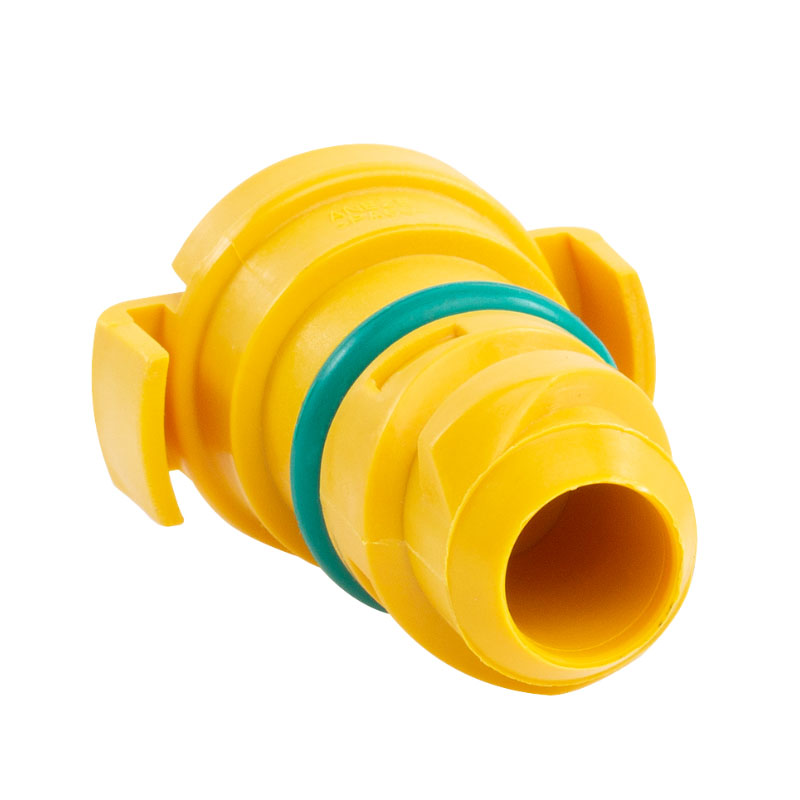Oil housing seal for preventing leakage and ensuring equipment safety and efficiency.

oil housing seal. Regularly checking for signs of wear, damage, or leaks can help identify potential issues before they become major problems. Replacing worn or damaged seals promptly can help avoid costly repairs and downtime due to oil leaks. In addition to preventing oil leaks, oil housing seals also play a crucial role in maintaining the cleanliness of the oil and preventing contaminants from entering the system. Contaminants such as dirt, dust, and debris can accelerate wear and damage to engine components, leading to decreased performance and efficiency. By keeping oil contained within the housing, seals help protect the oil from contamination and ensure it can effectively lubricate and protect the engine. In conclusion, oil housing seals are a vital component in preventing oil leaks and maintaining the performance and longevity of engines and machinery. By choosing the right type of seal for the application and conducting regular maintenance and inspections, you can ensure your seals are functioning correctly and effectively preventing oil leaks. Investing in quality seals and proactive maintenance can help avoid costly repairs and downtime, and keep your equipment running smoothly for years to come.
-
Understanding the Front Main Engine Seal: Purpose, Maintenance, and Installation
News Jul.29,2025
-
Understanding O-Rings and Seal Rings: Types, Applications, and Custom Solutions
News Jul.29,2025
-
Understanding Crankshaft Oil Seals: Rear Seals, Pulley Seals, and Their Role in Engine Integrity
News Jul.29,2025
-
The Importance of Front and Rear Crankshaft Seals in Engine Performance and Oil Management
News Jul.29,2025
-
Crank Oil Seals: Functions, Types, and Cost Considerations in Engine Maintenance
News Jul.29,2025
-
A Comprehensive Guide to O-Rings and Seals: Types, Materials, and Global Applications
News Jul.29,2025
-
Mastering Diesel and Performance Engine Maintenance: A Guide to Critical Oil Gaskets
News Jul.28,2025
Products categories















